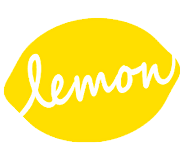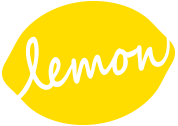


DIGITAL ARTS DIALOGUE
An innovative method to strengthen the dialogue with young people.

Project period: December 2021 – December 2023
Coordinator: Consultoria de Innovacion Social – Spain
Partners of the project: BUPNET Bildung und Projekt Netwerk – Germany, Happiness Academy – Bulgaria, Pistes Solidaires – France , University of Athens – Greece, Liberittuti cooperativa social – Italy
Website: see the website

The context:
The recent pandemic and related restrictions have had an impact on those involved in youth work and their relationship with young people. A study carried out by Crédoc showed that 21% of young people between 15 and 30 years old would be living in isolation in 2020. In 2010, the figure was just 2%. The isolation of young people is reflected, among other things, in a lack of communication and exchange about their concerns, their needs and their stories. The overuse of digital tools and virtual communication, as well as possible psychological violence such as bullying or cyberbullying, can all exacerbate this feeling of isolation.
Digital Arts Dialogue aims to address this issue; how can we rebuild a dialogue between young people and prevent – or resolve – all forms of violence including discrimination, harassment, and racism?
The project proposes an innovative method based on the values of restorative justice combined with creativity and art. Young people are invited to talk about their concerns, motivations, and obstacles they face in a safe and inclusive environment that raises awareness of stories, concerns and needs of others. Facilitators learn to help young people transform their concerns into an artistic creation in the form of videos, photos, drawings, and digital models, and to share these works with others.
The objectives:
Digital Arts Dialogue aims to provide youth professionals with the opportunity to broaden their skills by offering them an innovative methodology and introducing them to the values of restorative justice. The project aims to encourage dialogue with young people and a greater mutual understanding. The main objectives are:
-To propose an innovative approach and encourage dialogue with young people.
-To enable young people to receive effective advice and support.
-To strengthen the digital skills of youth workers via this approach.
The results:
The following tools have been developed as part of the project:
Methodological guide: this document defines the key terms of project’s approach. It enables youth professionals to understand what restorative justice is, its origins and its benefits. It also helps them understand how it can be an asset, in combination with art, for youth development.
E-learning platform: the platform includes practical activities for youth workers and educators to get familiar with this pedagogical approach of opening up the dialogue.


